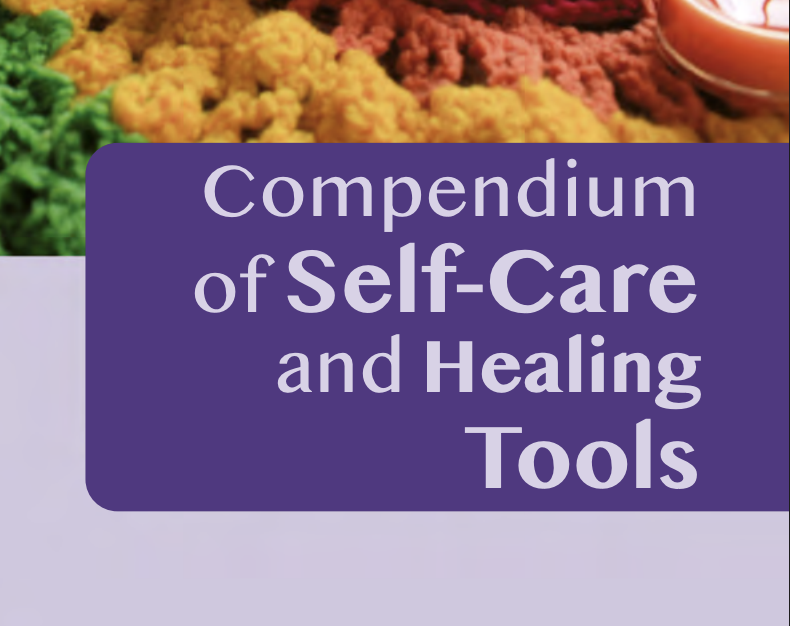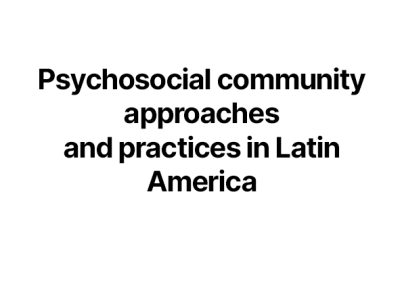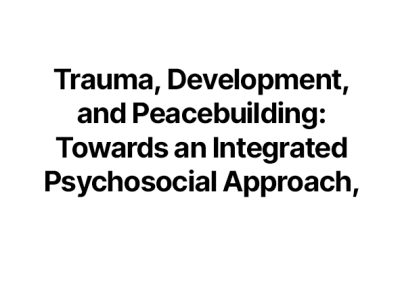
Compendium of Self-Help and Healing Tools (2025)
Consortium for Parliamentary Dialogue and Equity Oaxaca AC, Casa La Serena, and the Mesoamerican Initiative for Women Human Rights Defenders (IM-Defensoras)
Women human rights defenders and activists often operate within systems of structural and patriarchal violence that place their safety, well-being, and even lives at constant risk. These conditions create chronic stress and deeply impact their physical, emotional, mental, spiritual, and energetic health. To ensure their holistic protection and prevent burnout, it is essential for both individuals and organizations to foster a culture of care, self-care, and mutual support. This includes developing emotional regulation tools, releasing rather than suppressing difficult feelings, and creating organizational agreements that prioritize safety and collective well-being. Amid ongoing threats and the added strain of the COVID-19 pandemic, prioritizing physical health—through rest, nutrition, medical care, and body awareness—alongside emotional health practices such as processing sadness, anger, and anxiety, becomes vital. These strategies not only promote resilience but are also key to sustaining long-term activist work.
RELATED RESOURCES

Well-being, Risk, and Human Rights Practice, Alice Nah, Human Rights Defender Hub Policy Brief 1, University of York (2017)
Read More
Estrés Traumático Secundario (ETS) en Periodistas Mexicanos y Defensores de Derechos Humanos, Rogelio Morales, Liliana Souza Colin, Angela O. Mireles, Bonilla Allende (2016) Summa Psicológica UST, 13, 101-111.
Read More
“Frayed All Over:” The Causes and Consequences of Activist Burnout Among Social Justice Education Activists, Paul C. Gorski and Cher Chen, Educational Studies (2015)
Read More
Burnout in Social Justice and Human Rights Activists: Symptoms, Causes and Implications, Cher Weixia Chen and Paul C. Gorski, Journal of Human Rights Practice (2015)
Read More
Exhumations in Latin America: Current Status and Pending Challenges: A Psychosocial View, Susan Navarro-Garcia, Pau Perez-Sales, Alberto Fernandez-Liria, Peace & Conflict Review, Vol. 4, Issue 2 (2010)
Read More


